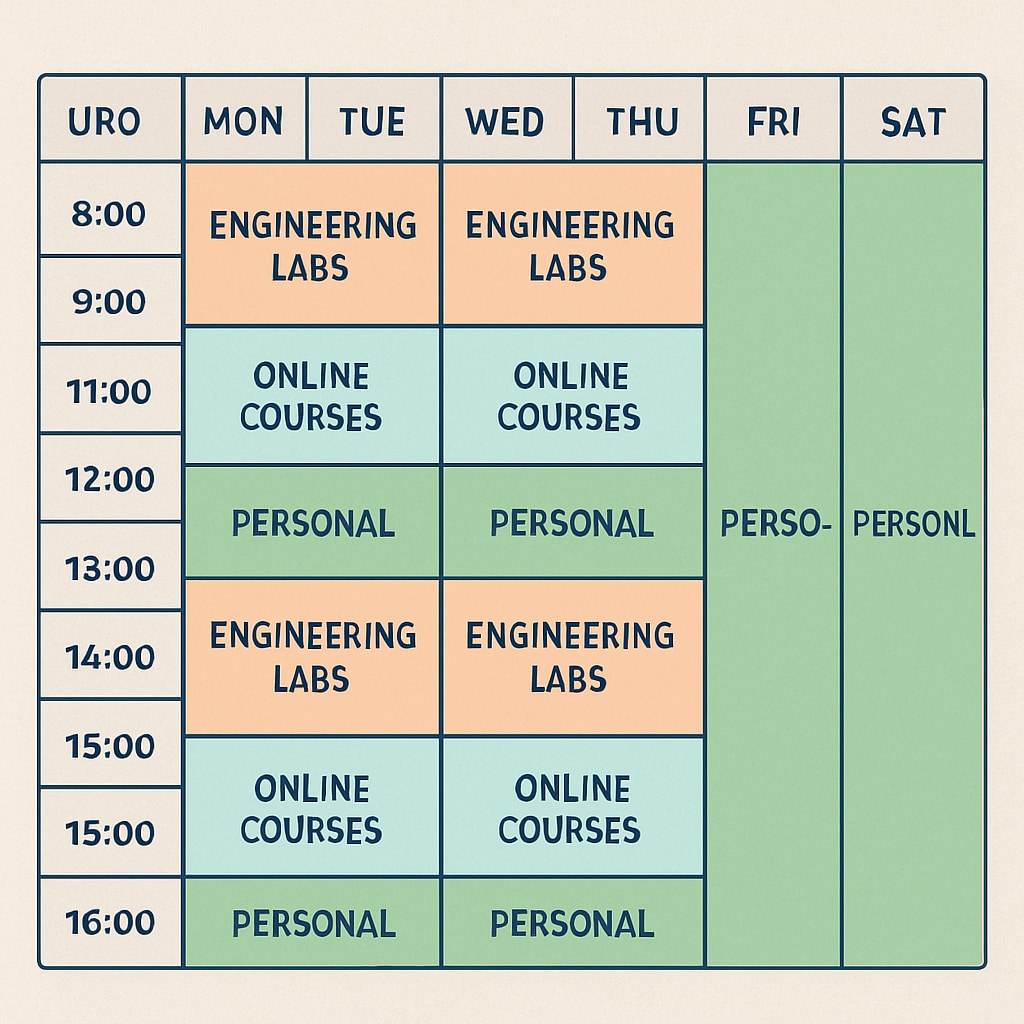In today’s competitive academic landscape, mechanical engineering students increasingly consider online degrees as tools for credential enhancement and career diversification. Balancing core coursework with digital learning platforms presents unique time allocation challenges that require strategic planning. According to National Society of Professional Engineers, multidisciplinary skills significantly improve employment prospects in evolving industries.

Strategic Advantages of Concurrent Degree Programs
Pursuing supplementary education while completing a mechanical engineering degree offers three measurable benefits:
- Industry relevance: Combining technical engineering with complementary fields like data science or business management creates valuable hybrid skill sets (see ASME’s career resources)
- Schedule flexibility: Asynchronous online programs allow students to complete general education requirements during academic breaks
- Cost efficiency: Many institutions offer transfer credits between programs, reducing overall tuition expenses
Practical Considerations for Time Management
While the benefits are compelling, students must evaluate these critical factors before committing to dual-degree programs:
- Weekly time investment beyond standard coursework (minimum 15 additional hours)
- Course sequencing conflicts between primary and secondary programs
- Maintaining required GPA thresholds in both disciplines

Academic advisors recommend starting with one online course per semester to assess personal capacity. Successful students often develop structured routines incorporating:
- Dedicated morning study blocks before laboratory sessions
- Weekend review periods for cumulative subjects
- Strategic course selection to maximize overlapping competencies
Transition tip: Engineering students proficient in mathematics frequently adapt well to computer science or statistics programs, creating natural academic synergies. However, as the ABET accreditation board notes, students must ensure secondary programs don’t compromise core engineering competencies.


